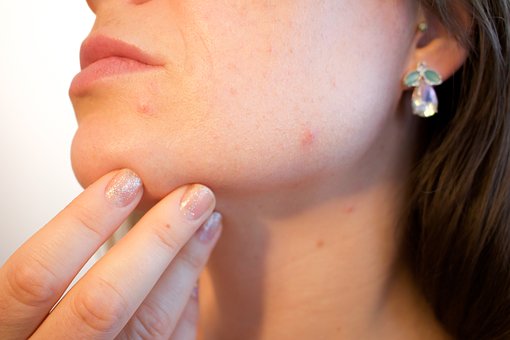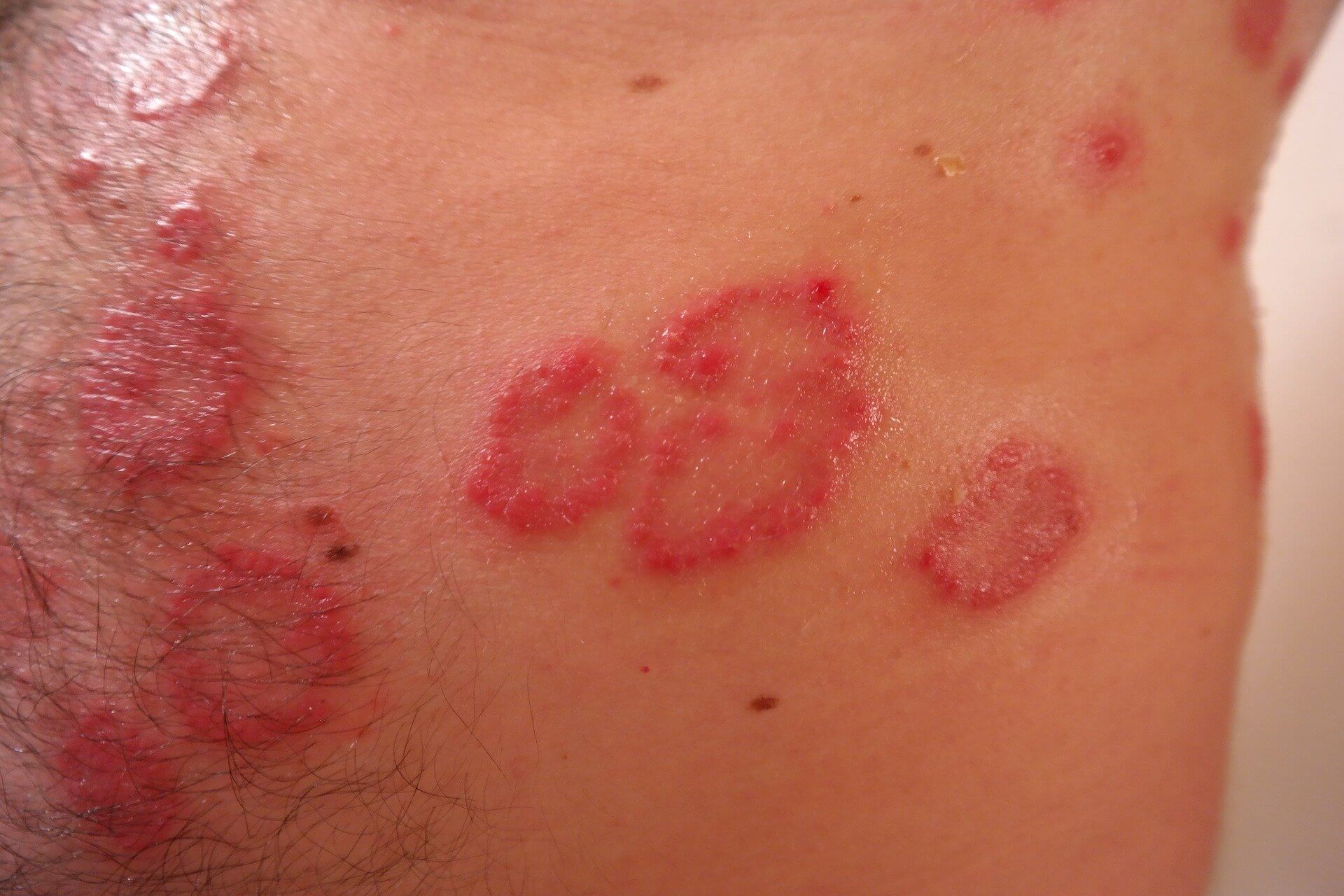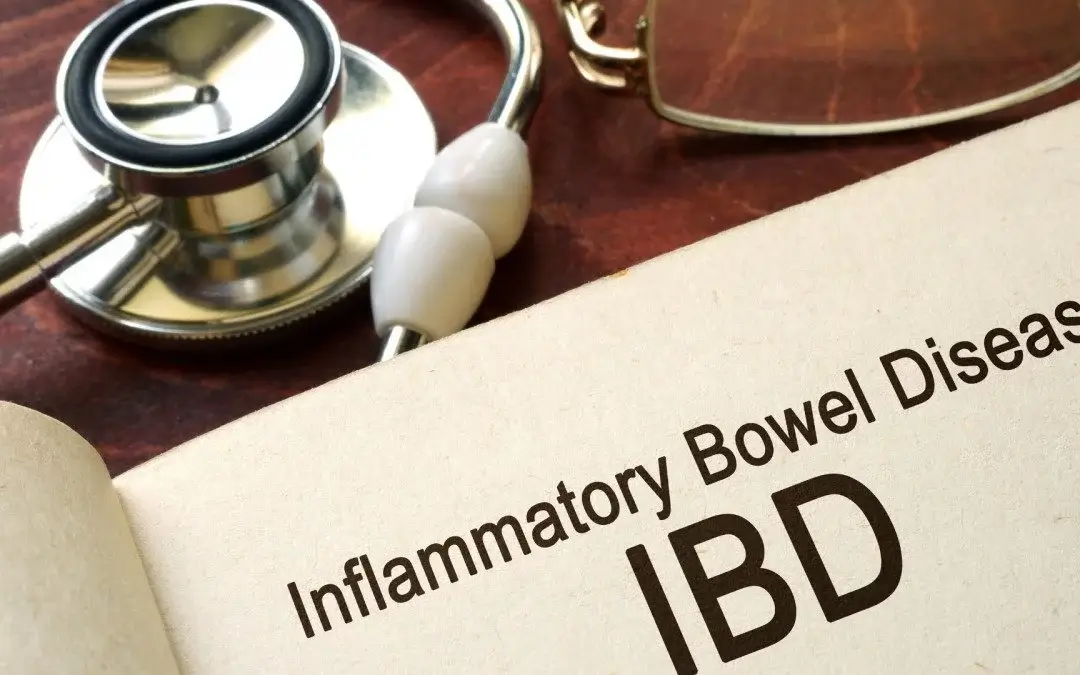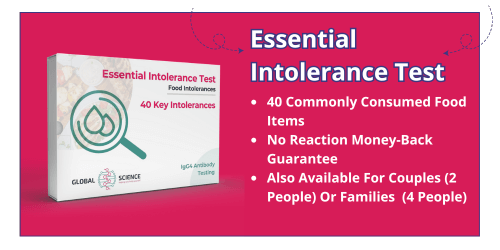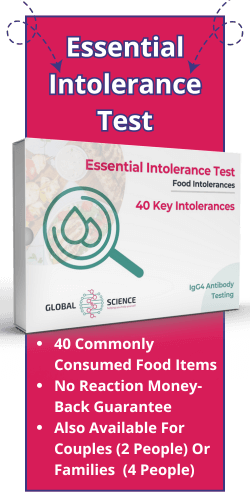One of the worst parts of puberty is the series of pimples that manage to pop up (no pun intended) at the most inconvenient times possible. We’re all told that it’s only temporary and that we’d grow out of it. But when we’re well into adulthood and still sporting acne like a 14-year-old, it feels like we were being, lied to all along. But what if it isn’t a continuation of teenage acne. What if it’s down to the food you’re eating? Could a food intolerance test help eliminate it once and for all?
What is acne?
Before we go into how intolerance testing can help combat acne, it’s helpful to understand what acne is in the first place. Acne is a common skin disease that has a variety of potential causes and triggers. If having acne doesn’t make you feel like a schoolkid, this short science lesson will.
Our skin is covered in hair follicles. Some of these follicles are visible to the naked eye, and some aren’t. These hair follicles are attached to tiny glands, which help to stop your hair from drying out. They do this by producing a substance called sebum. Sometimes, these glands produce too much sebum, which can then mix with dead skin cells and usually harmless bacteria. The hair follicle becomes clogged up. This is what causes spots, and by extension, acne.
Why does acne develop?
While there is heavy debate around the cause of acne, it’s generally accepted that genetics is the primary cause in roughly 80% of cases. So, if either of your parents had acne, chances are you will too. Genetically, the difference is in how your skin and sebaceous glands are structured. If they don’t quite function the way they should do, it can lead to a predisposition to acne.
Hormones also play a significant role, which is why acne is so common during adolescence. It’s believed that hormones like testosterone can increase the amount of sebum the glands produce, triggering acne. Because of this, stress is also a potential cause, as our body produces more hormones when we’re stressed or aggravated.
Diet has also been shown to have an impact on individual cases. It’s relatively common to develop acne seemingly out of the blue, if you have a food intolerance, without having any notable previous symptoms. The foods we eat also play a significant role in general skin health. If your diet isn’t exactly nutritionally balanced, or you’re eating foods which don’t ‘agree’ with you, then this could trigger an outbreak of acne.
How can intolerance testing help acne?
If you haven’t historically had a problem with acne but have suddenly had a horrible flare-up, it could be that you’ve recently developed a food intolerance. While food intolerances are mainly an issue with the digestive system, skin conditions such as acne are a common sign of a food intolerance.
All kinds of foods can trigger acne, but there are a few known problem foods that are more the most common culprits. These include;
- Dairy
- Sugar
- Alcohol
- Wheat
- Gluten
- Nuts
- Corn
- Yeast
If you’re unsure of which foods may be causing your recent skin breakout, an intolerance test could help you pinpoint the problem foods.
How can your diet improve acne?
There are a few vitamins and minerals that are known to contribute to good skin health. For example, vitamin A is known for helping your skin self-exfoliate (as well as helping out your other organs). You can find Vitamin A in the likes of carrots, cod liver oil, eggs, broccoli and spinach.
Getting enough zinc can help prevent your skin from getting too dry and then overcompensating with extra sebum. Dry skin is a common cause of acne, so keeping yourself hydrated and well-balanced will help prevent it from getting worse (and hopefully improve the situation).
Omega 3’s are also very helpful in fighting acne. Not only do they have anti-inflammatory properties, but they help with hormone production too.
Take a two-pronged approach
A combination of refraining from eating foods your intolerant to and eating more skin-nourishing foods can be more than enough to combat many bouts of acne. If you’re experiencing an unexpected flare-up of spots, try an elimination diet to remove any problem foods that could be the cause. It’s recommended that you stick to an elimination diet for a minimum of 4 weeks to allow for time to see the benefit. After which, you can slowly try reintroducing some foods to see if your body can handle them in small doses.

